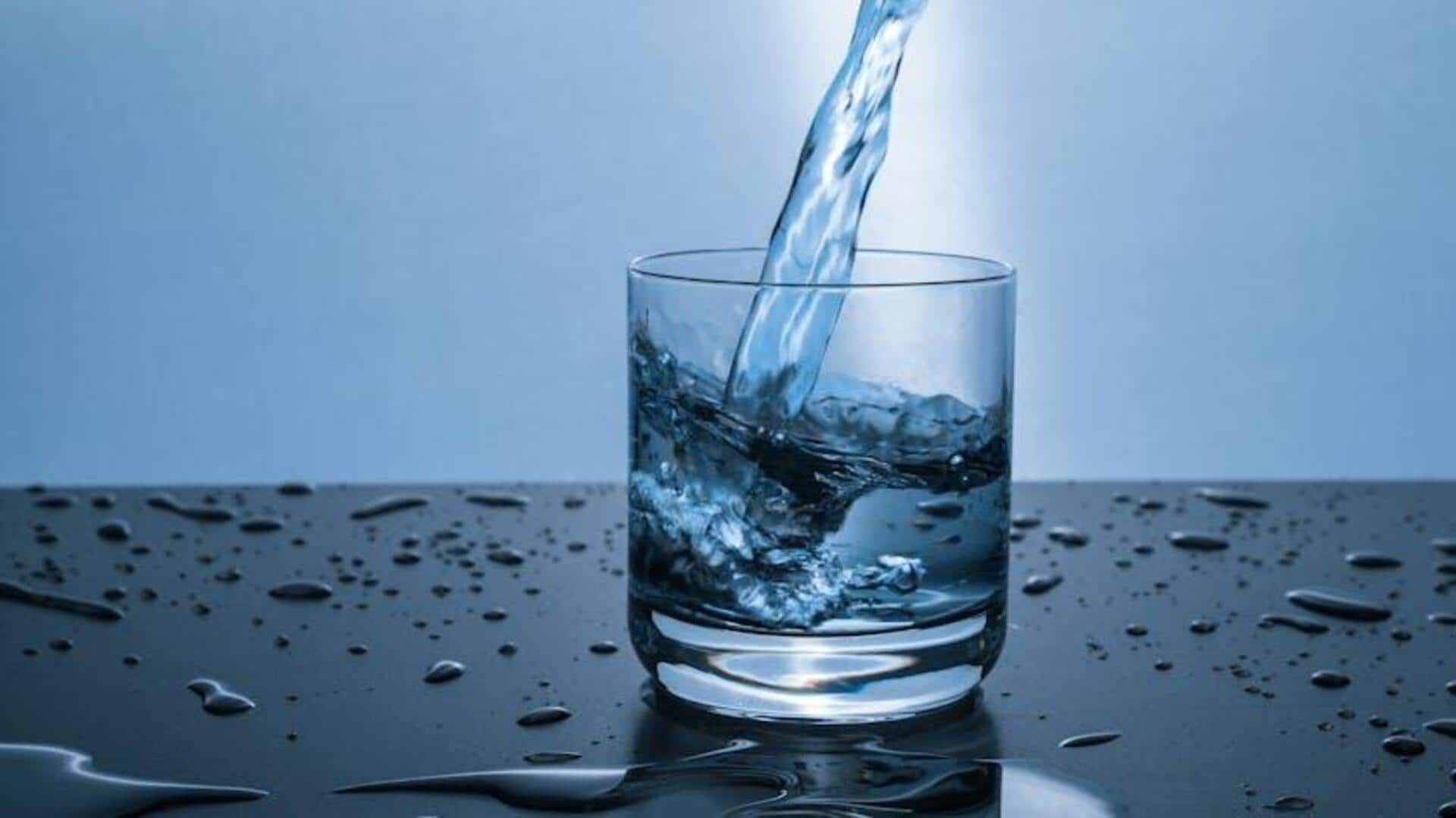
Does drinking water help with dry skin?
What's the story
We all have heard that drinking water can help you get rid of dry skin. The myth is that if you drink enough water, your skin will be hydrated and glowing. But, is that really true? In this article, we will explore the truth behind the claim and see if drinking water actually helps with dry skin or if there is more to it than just hydration.
#1
The role of water in skin health
Water is essential for overall health, but its direct effect on skin hydration is often overstated. While drinking enough water helps maintain bodily functions, it doesn't directly translate to improved skin moisture levels. The outer layer of the skin acts as a barrier, and its hydration is influenced by external factors like humidity and temperature more than internal hydration alone.
#2
Understanding skin moisture levels
Skin moisture levels are determined by a combination of factors, including sebum production, environmental conditions, and individual skin types. Sebum acts as a natural moisturizer that keeps the skin from losing moisture. In dry environments or with certain skin types, external moisturizers may be more effective than just relying on water intake.
#3
The impact of diet on skin health
While drinking water is important, a balanced diet rich in vitamins and antioxidants can contribute significantly to healthier-looking skin. Foods high in omega-3 fatty acids, vitamin E, and antioxidants help support skin health from within. These nutrients can help improve the elasticity and appearance of the skin more effectively than increased water consumption alone.
Tip 1
Tips for managing dry skin effectively
To manage dry skin effectively, consider using a good moisturizer suited to your skin type. Apply it right after bathing when your skin is still damp to lock in moisture effectively. Additionally, using a humidifier indoors during dry seasons can also help maintain an optimal level of humidity in the air around you, which benefits overall hydration levels without relying solely on increased water intake.